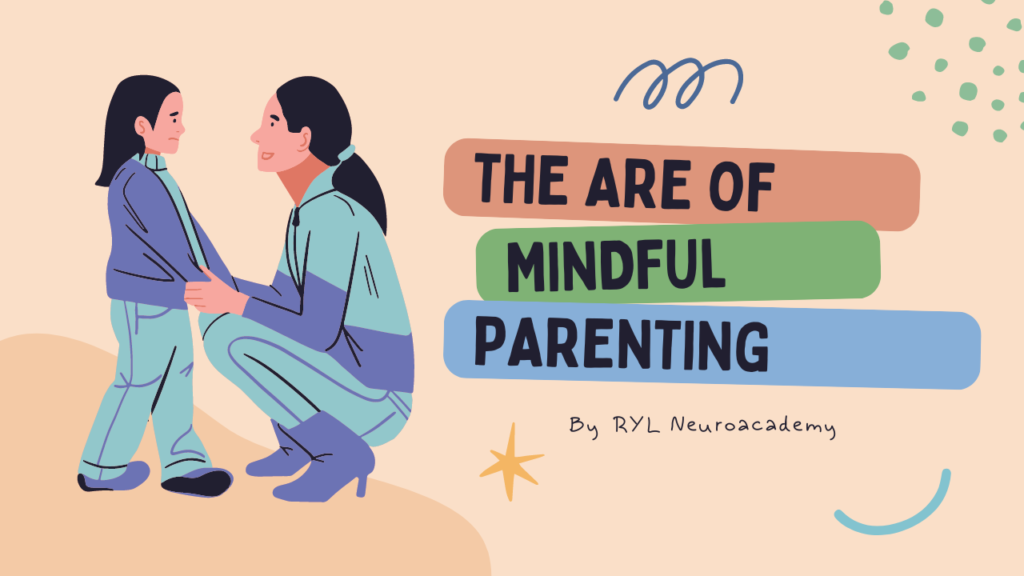Introduction
Definition:Loneliness is a distressing emotional state that arises when a person feels disconnected or isolated from others, regardless of the actual level of social contact.
Why It’s a Growing Problem:In today’s digital age, loneliness is on the rise. Despite being constantly connected through social media, many individuals experience a lack of deep, meaningful relationships.
Remote work, urban living, and reduced community interaction further fuel this sense of isolation.Importance for Mental Health:Chronic loneliness can lead to anxiety, depression, and even physical health issues.
Addressing loneliness is essential for promoting overall mental well-being, emotional resilience, and a healthier society.
2. What Is Loneliness?
Types of Loneliness:Emotional loneliness stems from the absence of a close emotional bond, like with a partner or best friend.
Social loneliness occurs when someone lacks a wider social network or group of friends.Loneliness vs. Being Alone:Being alone is a physical state—often temporary and sometimes beneficial.
Loneliness, however, is a subjective feeling of disconnection, even when surrounded by people.
Effects of Chronic Loneliness:Prolonged loneliness can lead to serious mental health issues like depression, anxiety, and low self-esteem. Physically, it increases the risk of heart disease, weakened immunity, and even premature death
3. Common Causes of Loneliness
Loneliness Triggers & Hidden Signs You Shouldn’t Ignore
Common Causes of Loneliness:
Life Transitions: Major changes like moving, breakups, or job shifts can disrupt social connections.
Digital Disconnection: Social media may create an illusion of connection while deepening emotional isolation.
Lack of Meaningful Bonds: Surface-level interactions often fail to meet our emotional needs.
Mental Health Struggles: Conditions like anxiety and depression can both cause and worsen loneliness.
4 Hidden Signs You May Be Lonely:
1. Withdrawing from social activities
2. Feeling unmotivated or constantly drained
3. Relying heavily on phones, games, or media for comfort
4. Experiencing fatigue, poor sleep, or other physical symptoms
Tips To Remove Loneliness
Tip 1: Practice self-compassion and mindfulness
Tip 2: Engage in physical activity or join group classes
Tip 3: Volunteer or help others
Tip 4: Build or rebuild social connections
Tip 5: Limit social media use
Tip 6: Get professional support if neede
Tip 7: Start journaling or expressive writing
Tip 8: Adopt a pet (if possible)
Tip 9: Pursue hobbies or creative passions
Tip 10: Use technology to connect meaningfully
Seeking help
Warning Signs of Depression or Severe Isolation:
Persistent sadness, hopelessness, loss of interest in activities, changes in sleep or appetite, and withdrawal from social contact may indicate deeper mental health concerns like depression
How a Therapist Can Help:A licensed therapist provides a safe space to explore emotions, identify thought patterns, and develop coping strategies.
Therapy can help rebuild social connections and improve emotional resilience.
Mental Health Support Resources:National helplines (e.g., iCall, AASRA)Online counseling platforms (e.g., BetterHelp, Talkspace)Community mental health centers and support groups
Long-Term Strategies for Emotional Fulfillment
Cultivating Purpose and Meaning:Engage in activities that align with your values—volunteering, creative projects, or learning new skills can give life deeper meaning and reduce feelings of emptiness.
Building a Support System:Strengthen relationships with family, friends, or like-minded communities. Even a few meaningful connections can significantly reduce loneliness and improve mental health.Developing Emotional Resilience:Practice self-care, mindfulness, and positive self-talk to build inner strength.
Emotional resilience helps you navigate loneliness and life’s challenges more effectively.
Conclusion
Loneliness is a common but manageable issue. By understanding its causes, recognizing its signs, and taking steps like cultivating purpose, building connections, and seeking support, you can overcome it.You’re not alone. Healing starts with one step—share your journey or thoughts in the comments below.
FAQs
1. What is the difference between loneliness and depression?
Loneliness is the emotional pain of feeling disconnected, even in the presence of others. Depression is a clinical mental health condition that includes persistent sadness, hopelessness, and loss of interest. While they can overlap, loneliness doesn’t always mean you’re depressed—but it can increase the risk
.2. Can loneliness affect your health?
Yes. Chronic loneliness can harm both mental and physical health. It’s linked to higher risks of anxiety, depression, heart disease, weakened immunity, and even premature death.

